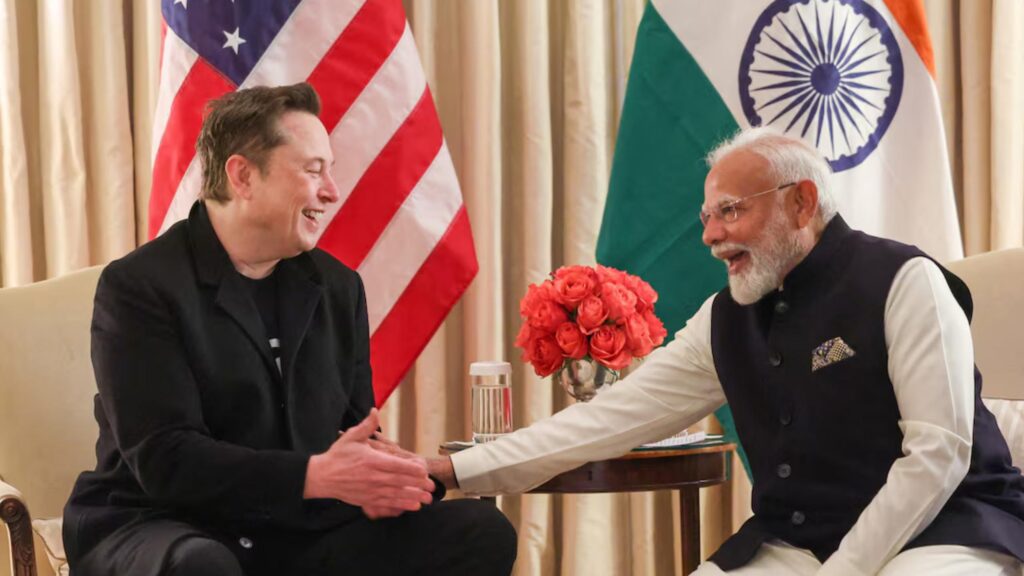A quiet digital war is unfolding between Elon Musk’s X (formerly Twitter) and Prime Minister Narendra Modi’s government, spotlighting the future of free speech in one of the world’s largest democracies. At the heart of the conflict: India’s increasingly aggressive internet censorship, powered by new regulations, expanded takedown powers, and a government-run censorship portal.
What’s Happening
In March 2025, X filed a landmark lawsuit in the Karnataka High Court against the Indian government. The company challenges what it calls a “sweeping crackdown” on social media content — particularly posts critical of political leaders, including Modi himself.
The trigger was a January 2025 post from a small account that called a ruling-party leader “useless.” Despite having only a few hundred followers, the police claimed the post could “create serious communal tension” — a common justification for removal in India.
This post, and hundreds like it, remain online, as X now refuses to blindly comply with India’s demands.
Legal Conflict
X argues that:
- India’s orders violate constitutional protections for free speech.
- New rules from 2023 have enabled thousands of officials and police to censor content arbitrarily.
- The government’s Sahyog Portal (launched in Oct 2024) acts as a “censorship pipeline”, enabling opaque and unchecked takedown requests.
India’s government, in return, claims:
- The rules help combat illegal, false, or harmful content.
- Platforms like Meta and Google have complied with similar takedown orders (though neither company commented).
- Failure to follow orders makes platforms liable under Indian law — a serious risk for any tech company.
Broader Context
Historically, only central ministries could issue content removal orders. But new directives have now decentralized censorship, empowering local police and bureaucrats to issue takedown notices under vague legal grounds like “public safety” or “cultural sensitivity.”
With 1,400 takedown orders issued to X from March 2024 to June 2025, and over 70% originating from the home ministry’s cybercrime unit, the sheer volume has raised alarm over misuse of state power.
Key Examples of Content Targeted
The lawsuit reveals the wide-ranging content flagged for removal, including:
- Satirical cartoons, like one of Modi and a Tamil Nadu leader struggling against a dinosaur labeled “inflation.”
- News reports on a stampede that killed 18 people at New Delhi railway station — posts by NDTV and others were ordered for removal.
- Meme of Mamata Banerjee (West Bengal CM) in a spacesuit — deemed a national security threat.
- Cartoons mocking flood preparedness, showing a boat with holes.
Even ruling party supporters have faced takedown threats, showing how broadly the rules are being applied.
Implications
- For Free Speech in India: The case has sparked serious concern about authoritarian overreach, with critics warning of a chilling effect on public discourse.
- For Tech Platforms: This lawsuit sets a precedent for global tech companies facing similar crackdowns. Musk is effectively putting India’s regulatory model on trial.
- For Elon Musk: The lawsuit could strain Musk’s business interests — especially Tesla’s India plans and Starlink’s satellite rollout, which require Modi government approvals.
Despite their cordial public rapport, this legal battle could become a wedge between the billionaire and the prime minister.
What’s Next
- The Karnataka High Court will weigh constitutional protections vs. executive powers.
- A ruling in X’s favor could limit the government’s ability to issue arbitrary takedown notices.
- A ruling for the government could force X to comply or exit the Indian market — a major decision, given that India is one of its largest user bases.
Meanwhile, the debate over “who decides what’s unlawful online” — the courts or the government — continues to stir global concern.
